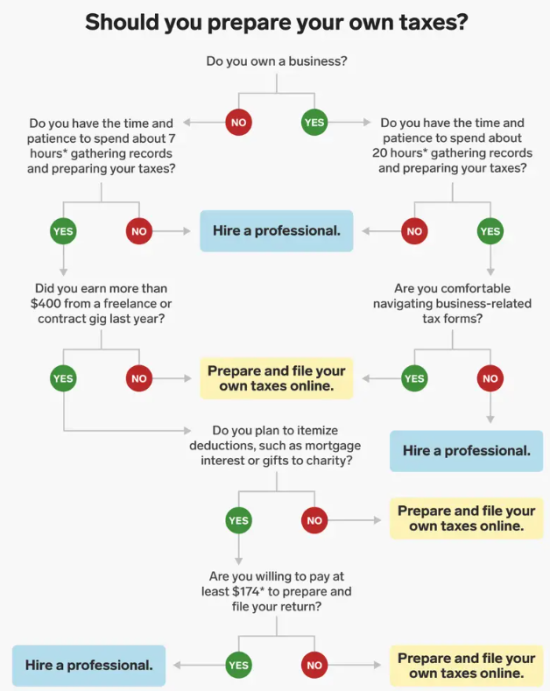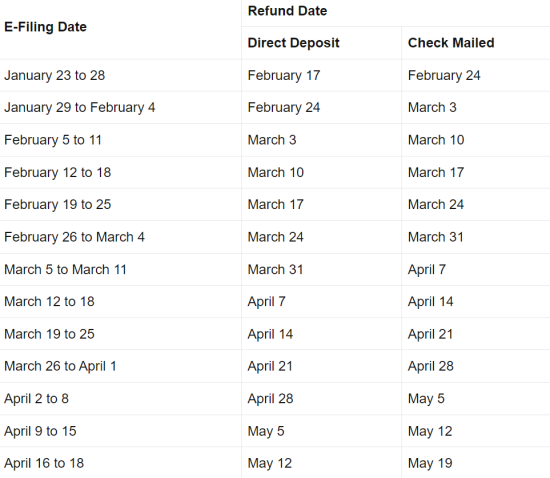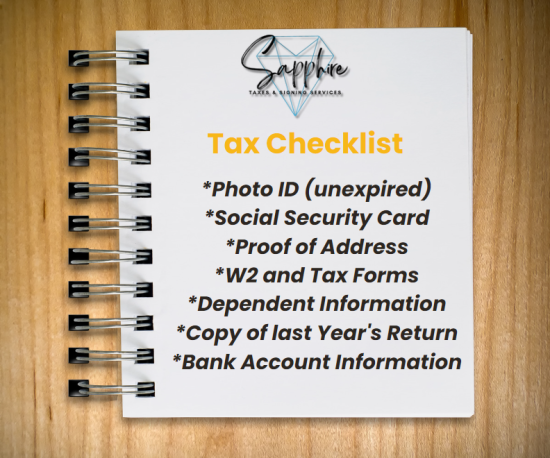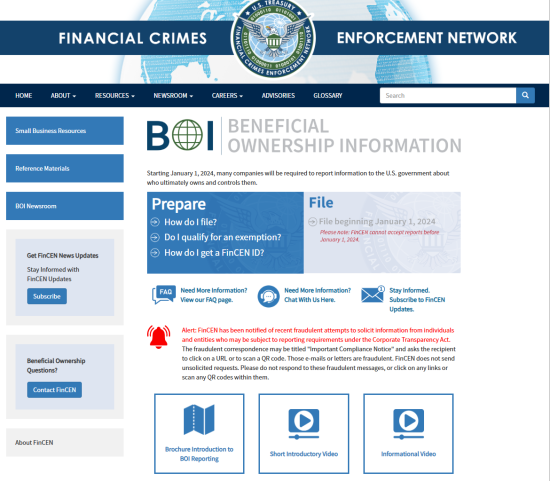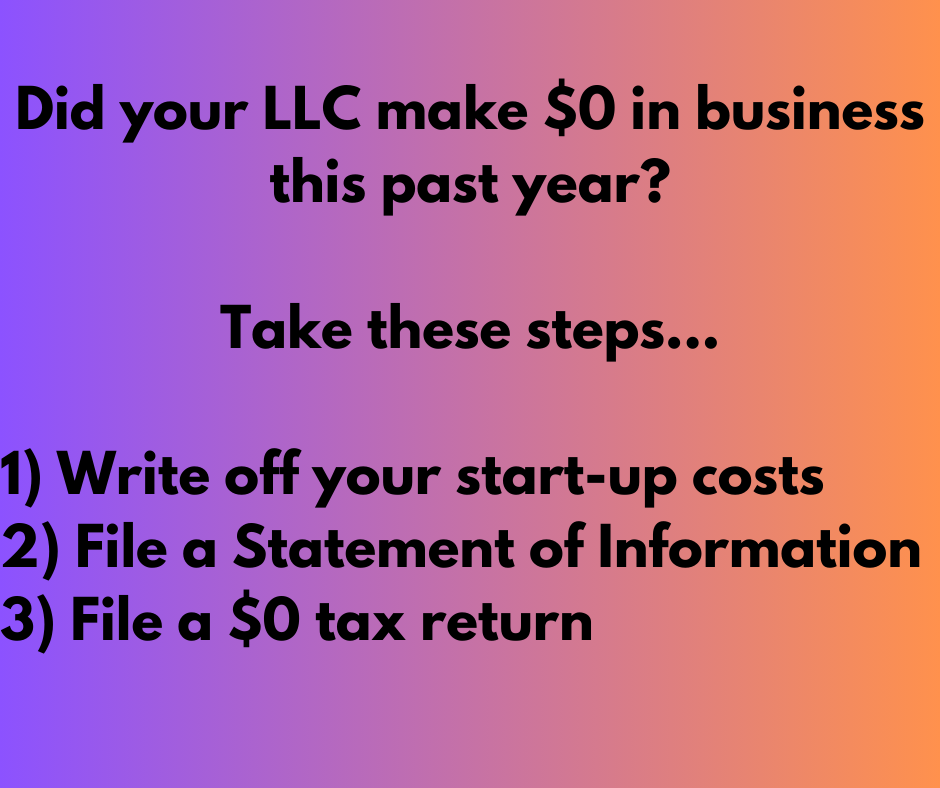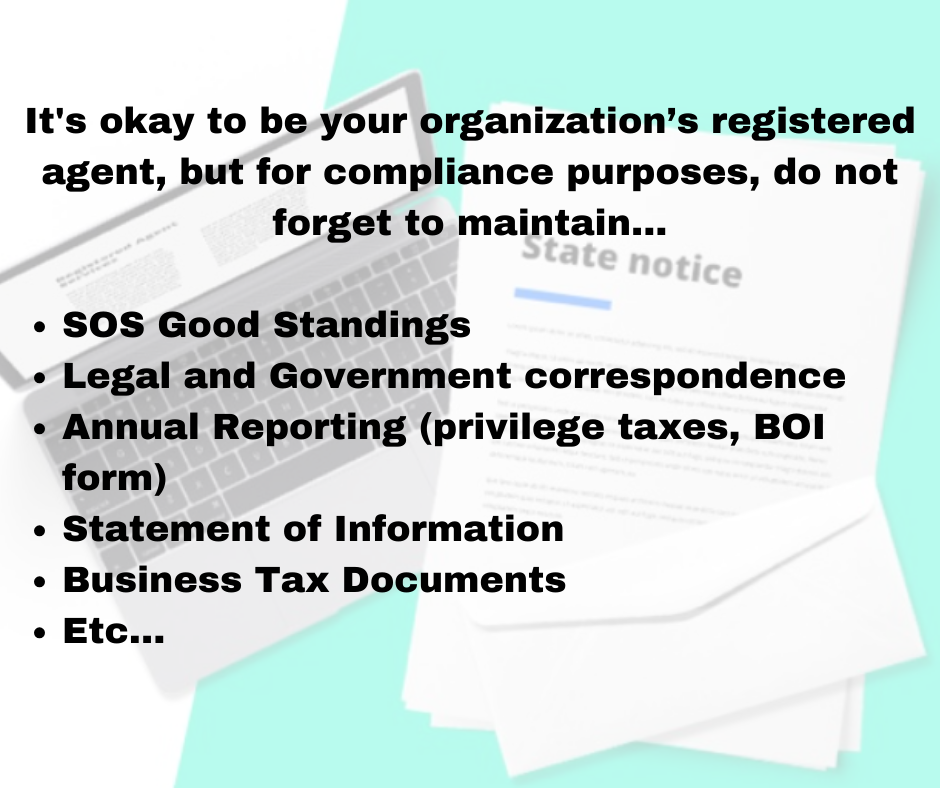
Some believe that audits are random, but are they really?
Report all of your income correctly…the IRS already has your tax documents on file.
Examples include all income forms, capital gains, dividends, interest, crypto, currency, royalties, prices, gambling, debt cancellation, etc.
Do not overinflate the size of your home office or deductions for benefits of a larger income.
Not everyone who submits a Schedule C opts for the home office deduction. It’s essential to consistently maintain thorough records of all business expenditures, including those related to your workspace.
Use a tax preparer rather than tax-preparing software….using tax software requires a thorough understanding.
Examples include claiming losses that are higher than your true losses, making math errors, or omitting information that should be on the tax return.
Low-income earners taking the earned income tax credit (EITC) equal high risk of an audit.
It is very important to be honest and upfront when adding information to filing tax forms. This credit is a regular audit item on the IRS exam list. Adhere to the EITC due diligence checklist.
Discrepancies on your tax return.
Examples include using round or whole numbers, erroneous math calculations, reporting business deductions without income, or over-inflating donation fair market values.
Intensional characteristics of filing your tax return.
Examples include filing occasionally or not filing at all, claiming educational credit while not in school, filing hobby expenses as self-employment, or claiming 100% of personal your vehicle for business.
Higher incomes invite audits.
The odds increase as your income increases. High-new-worth earners and pass-through entities have dedicated teams to examine tax forms. $400,000 and more is the threshold typically.




